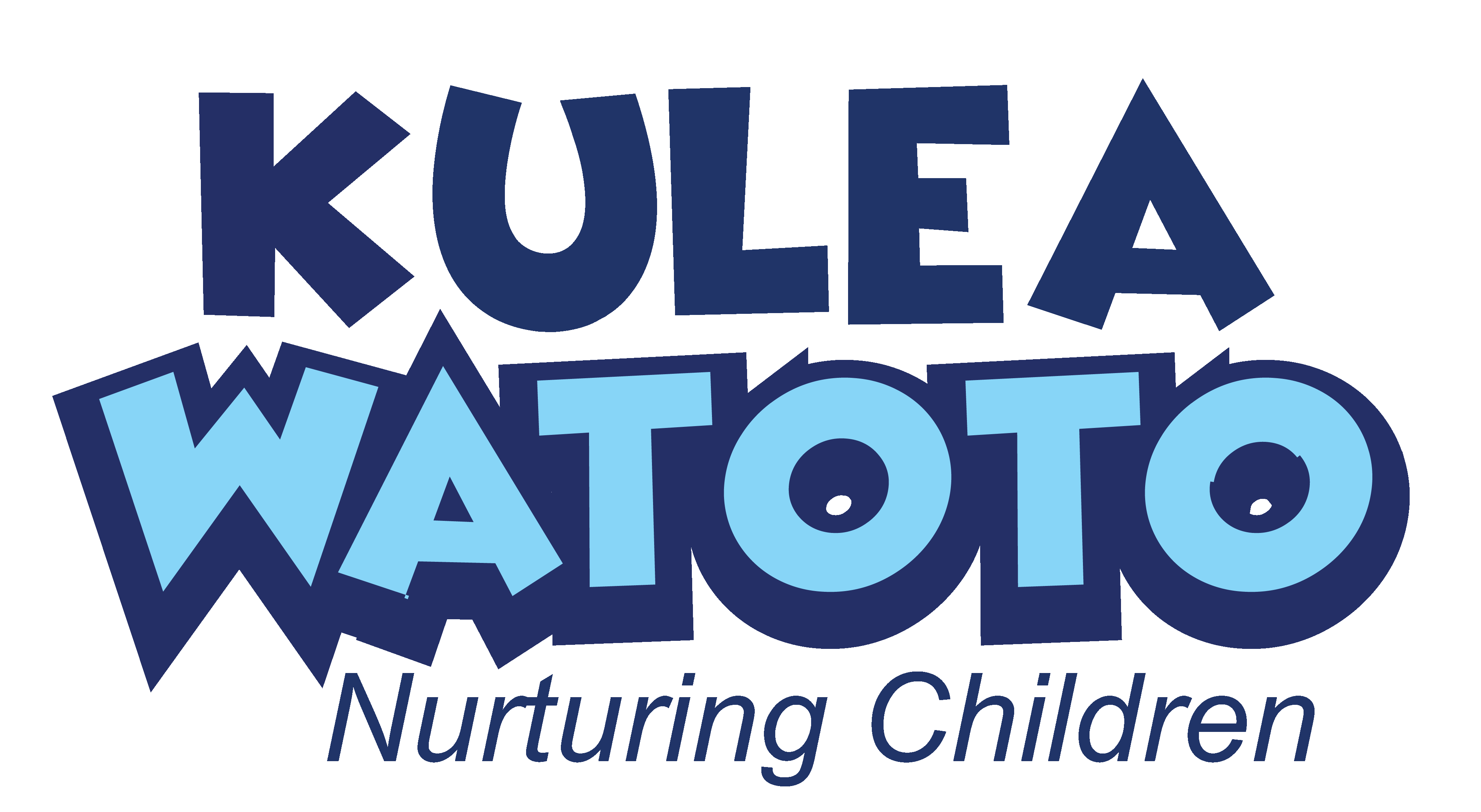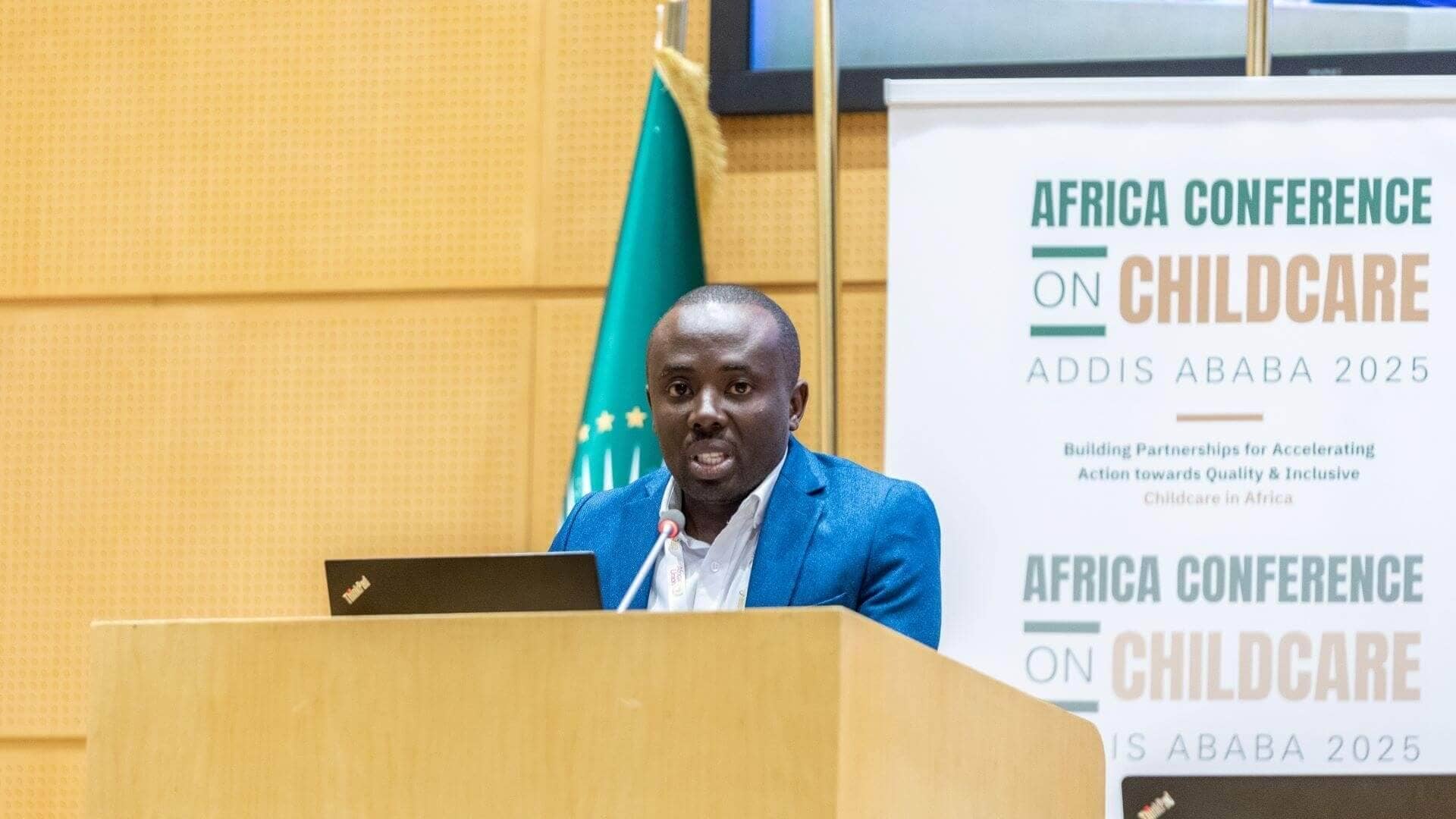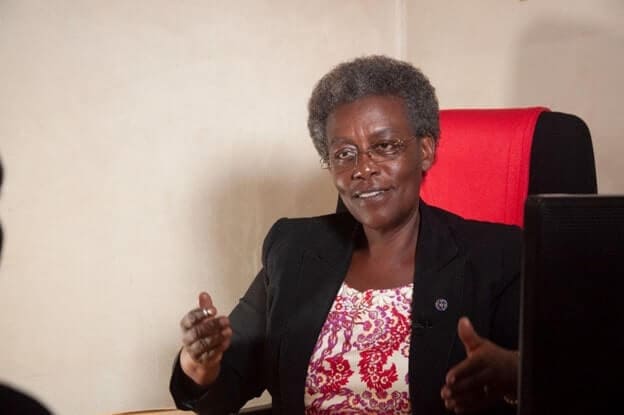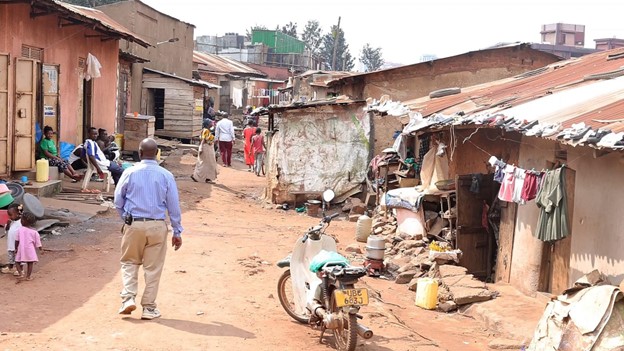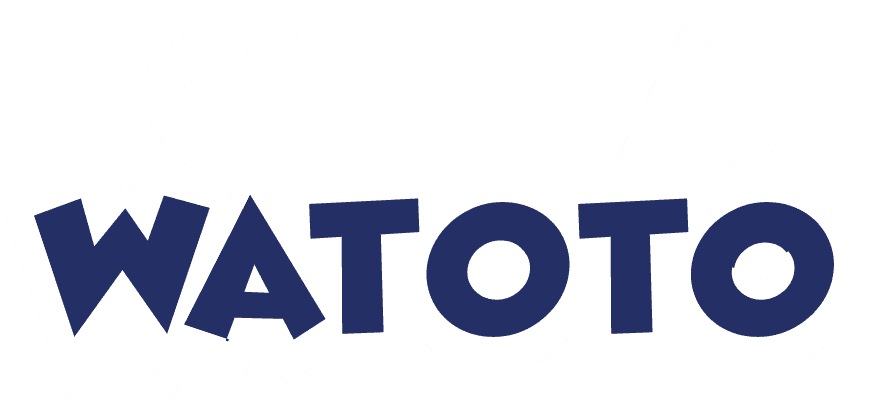More Than Just a Meal: What School Feeding Program Made Possible
More Than Just a Meal: What School Feeding Program Made Possible
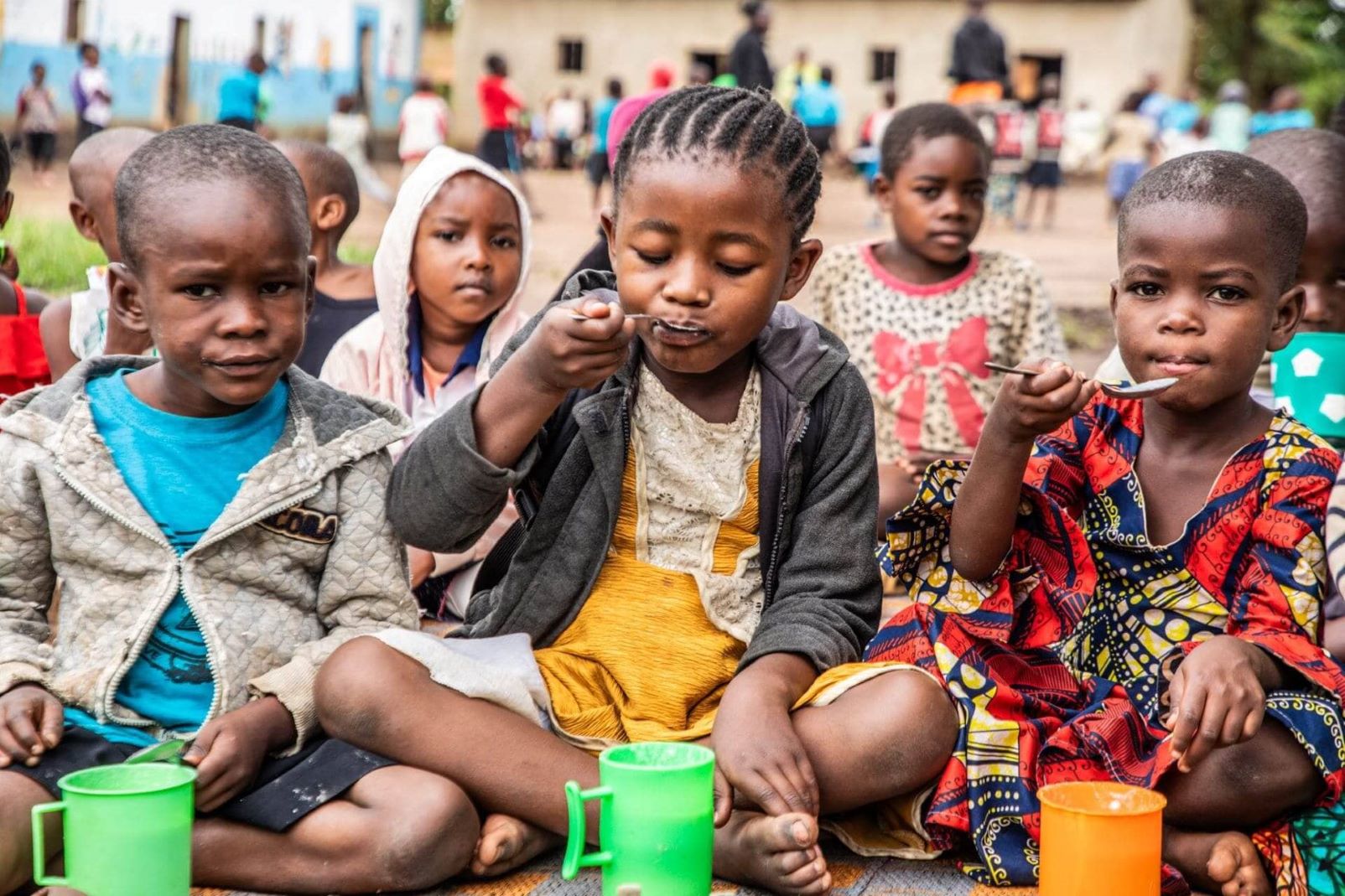
Porridge break at PIVOT ECD Center, Kyaka II - Kulea Watoto supported the ECD center with setting up a demonstration garden and a cash grant that has enabled it to introduce a school feeding programme. © IRC/Jonathan Ssekitondo
At just four years old, Cynthia Ngonga’s world changed drastically. Conflict broke out in her village in eastern Democratic Republic of Congo, forcing her family to flee. In a matter of days, she lost her home, her friends, and the chance to begin her early education.
Cynthia and her family eventually found safety in Kitonzi, a small village in the Sweswe Zone of the Kyaka II Refugee Settlement in Uganda’s - Kyegegwa District. But life in displacement was tough. With limited resources and no steady income, sending Cynthia to school felt out of reach. Instead of sitting in a classroom, she spent her days helping her mother in the garden, watching other children walk to school.
That changed when the Kulea Watoto Project, funded by the Conrad N. Hilton Foundation, was introduced in the community. The project, led by the International Rescue Committee (IRC) in partnership with the Kabarole Research and Resource Centre – Uganda (KRC), uses a two-generation approach focusing on improving access to quality early childhood development of children under five in both refugee and host communities. It supports families by building sustainable livelihoods - because when parents are supported, children thrive.
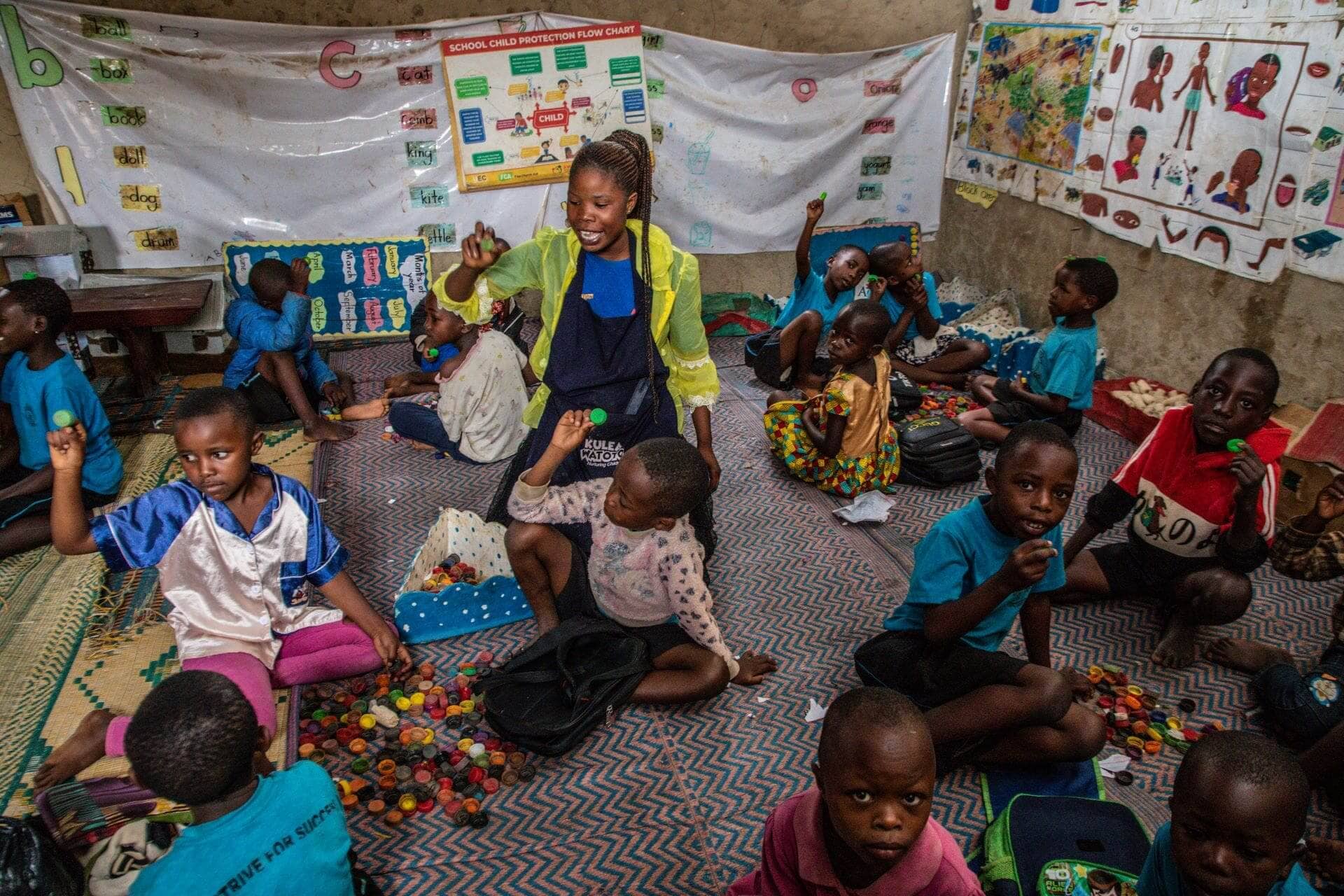 | 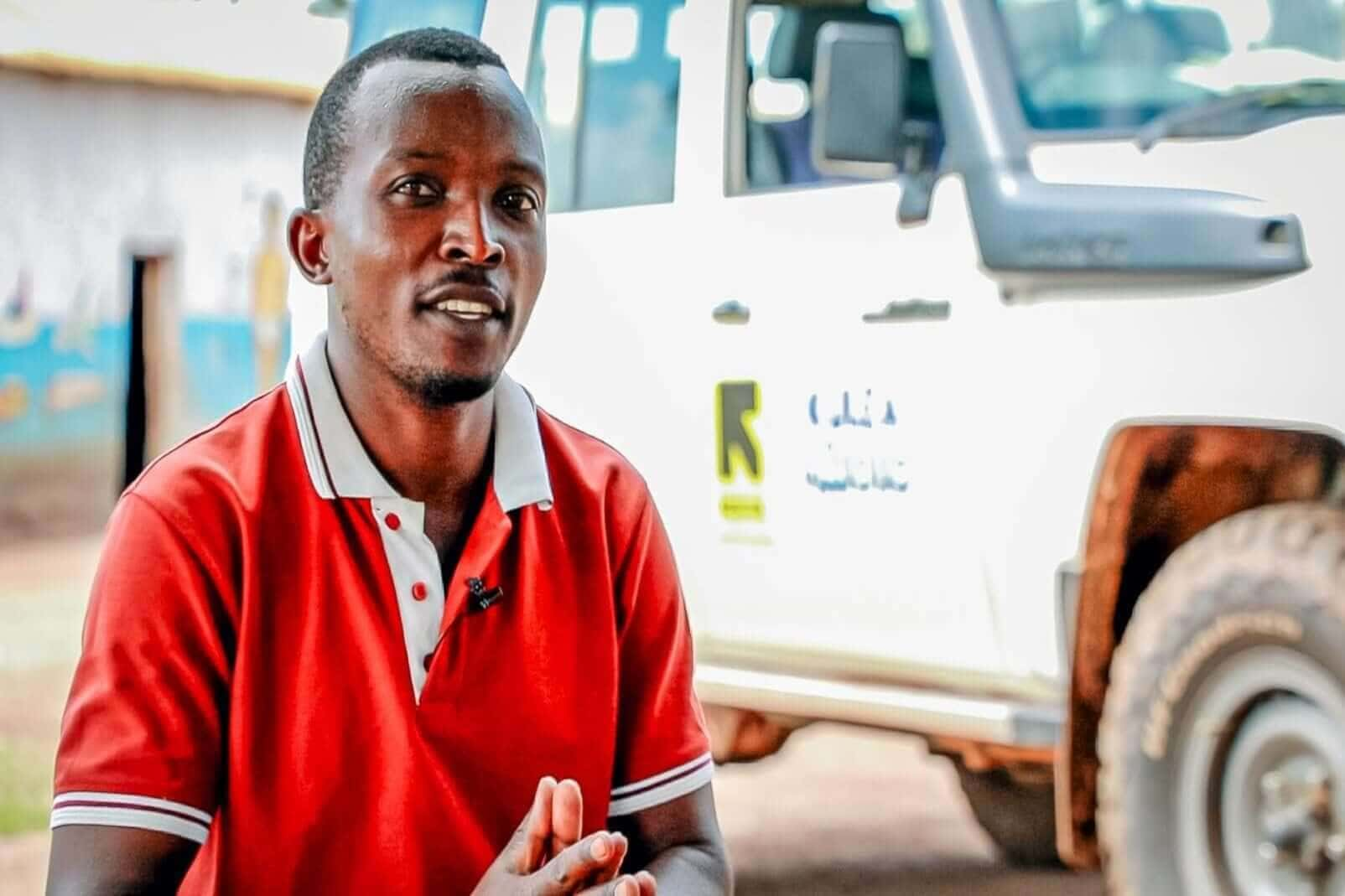 |
From the left: Thanks to Kulea Watoto training, Uweka Annah Mary, a teacher at PIVOT ECD Center now uses playful, hands-on teaching. Children are more curious, engaged, and excited to learn than ever before. From the left: Muhindo Muterebaki, Chairman CMC of the PIVOT ECD Center, thanks Kulea Watoto for transforming center. The new feeding program has helped boost enrollment from 168 children in May 2024 to 289 in May 2025. © IRC/Jonathan Ssekitondo
At Pivot Early Childhood Development (ECD) Center, Kulea Watoto helped create a demonstration garden that serves many purposes. It gives children a fun and safe space to play and learn outdoors, while also offering practical training to parents and caregivers on nutrition and farming. Cynthia’s parents joined the two-generation program, where they learned new farming techniques, financial literacy skills, and how to plan for a better future. The garden also became a key source of food for the center’s school feeding program.
“Kulea Watoto supported us with seedlings. We planted them in the garden and harvested three sacks of maize and one sack of beans. We sold some to support the school construction program and used the rest to support the school feeding program,” explains Muhindo Muterabaki, Chairman of the Center Management Committee at Pivot.
News of the new feeding program spread quickly through Kitonzi village. For many parents, it brought hope - and for Cynthia’s parents, it brought relief. After losing almost everything, they no longer had to choose between feeding their children and sending them to school.
“It was difficult to feed my children and buy school supplies after we were displaced. But this project helped us, and many other families send our children to nursery school,” says Ngonga Mbonigaba, Cynthia’s father.
The feeding program uses locally grown ingredients to prepare daily meals - usually porridge - for the children. The change was immediate.
“I’m happy I can come to school, where I learn to draw, color, and write - things I have not been doing at home. I’ve made lots of friends. We play, sing, and share together. I don’t worry anymore because I know I’ll get porridge at school,” says Cynthia, smiling.
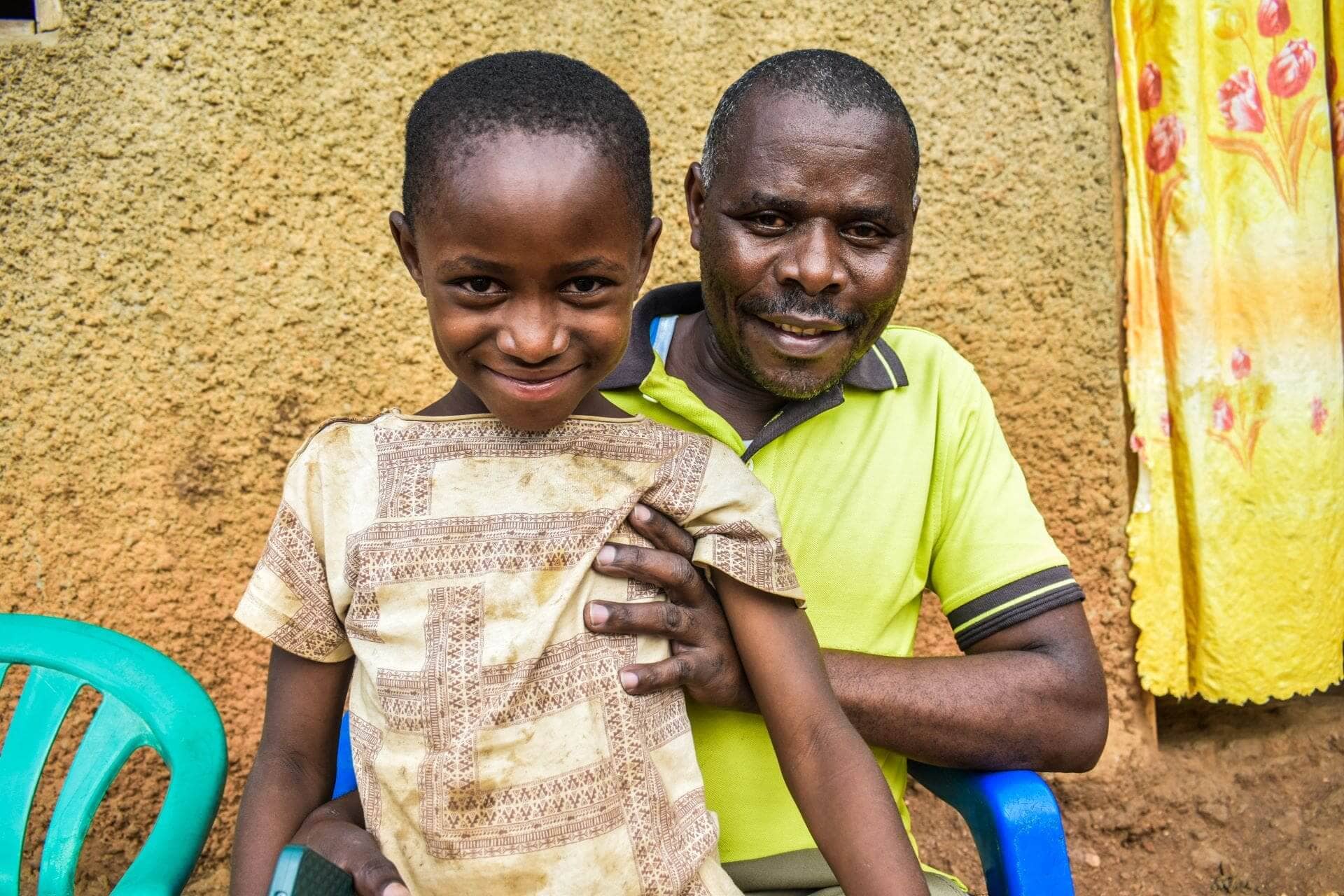 | 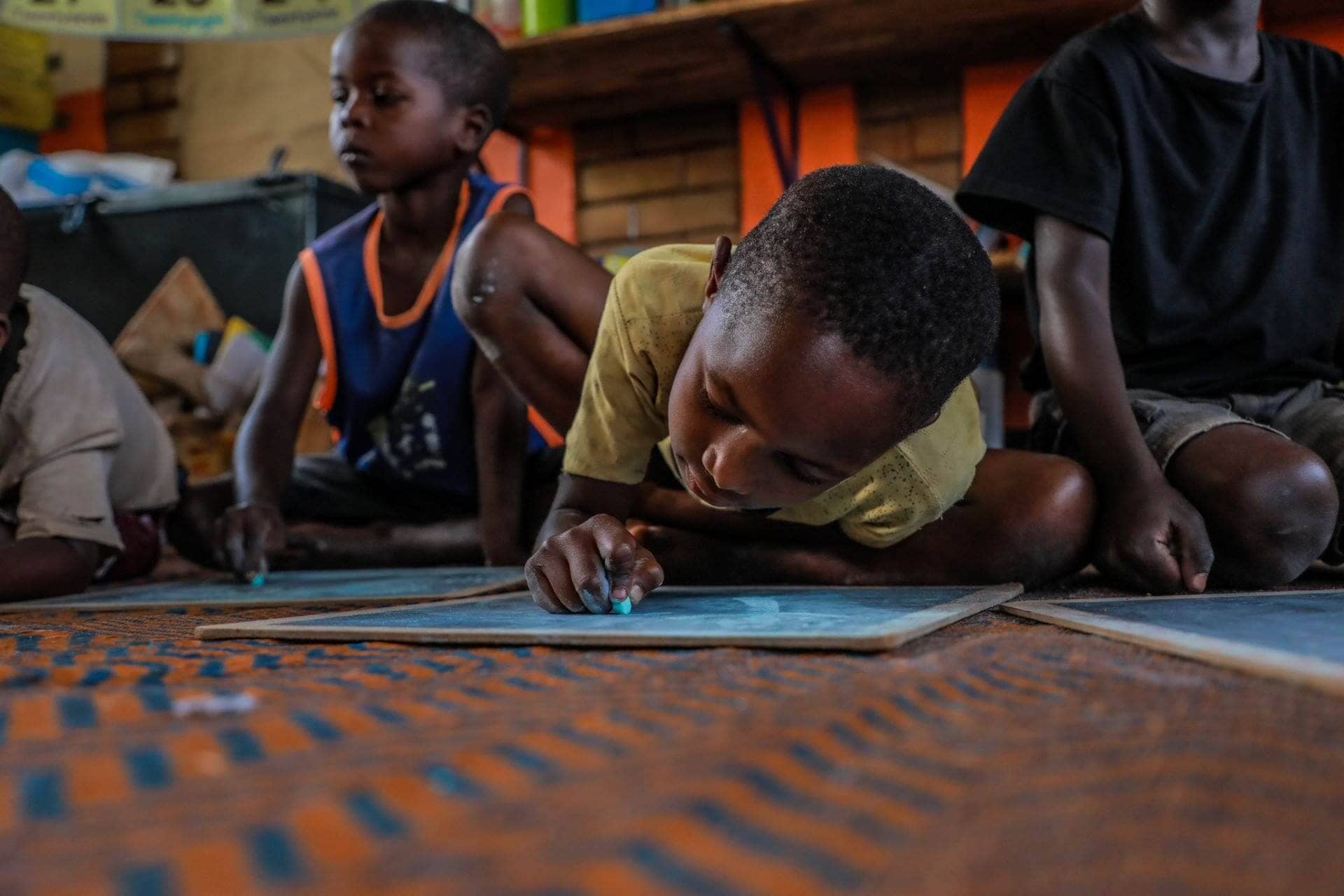 |
From the left: Ngonga Mbonigaba and daughter Cynthia. Ngonga is grateful for Kulea Watoto’s support, helping families send kids to school and start income-generating activities. From the left: Cynthia Ngonga in class, excited to learn to draw, color, and write - things she can't do at home. She’s made many friends, enjoys playtime, and no longer worries, knowing she'll get porridge at school © IRC/Jonathan Ssekitondo
By easing the burden on families, the feeding program has transformed the entire center. In just one year, enrollment grew from 168 children in May 2024 to 289 in May 2025.
“Since we introduced the feeding program, the number of learners has gone up. It’s made a big difference. Our children are now healthier, more active, and able to focus in class.” We’re truly grateful to Kulea Watoto for supporting our center and our community.” says Muterabaki.
The transformation has not only stopped with meals. Kulea Watoto also trained teachers in lesson planning and encouraged learning through play. Now, teachers use playful, hands-on methods that make learning exciting and enjoyable. Children are more curious, more engaged, and more eager to learn than ever before.
“The children are showing more interest in learning compared to the old ways we used,” says Muterabaki.
Today, Cynthia is enrolled in an accelerated early learning program. She’s getting the chance to learn, grow, and dream again. What once seemed impossible is now within reach - because her community came together, and because of a project that saw potential in every child.
Her story is just one of many. Across Uganda’s refugee settlements, Kulea Watoto is making a real difference - helping children get the nutrition, care, and education they need. The project directly contributes to the nurturing care framework.
Cynthia’s journey is just one among many, but it serves as a compelling testament to what’s possible when holistic, community-based solutions are put in place for the youngest and most vulnerable.
